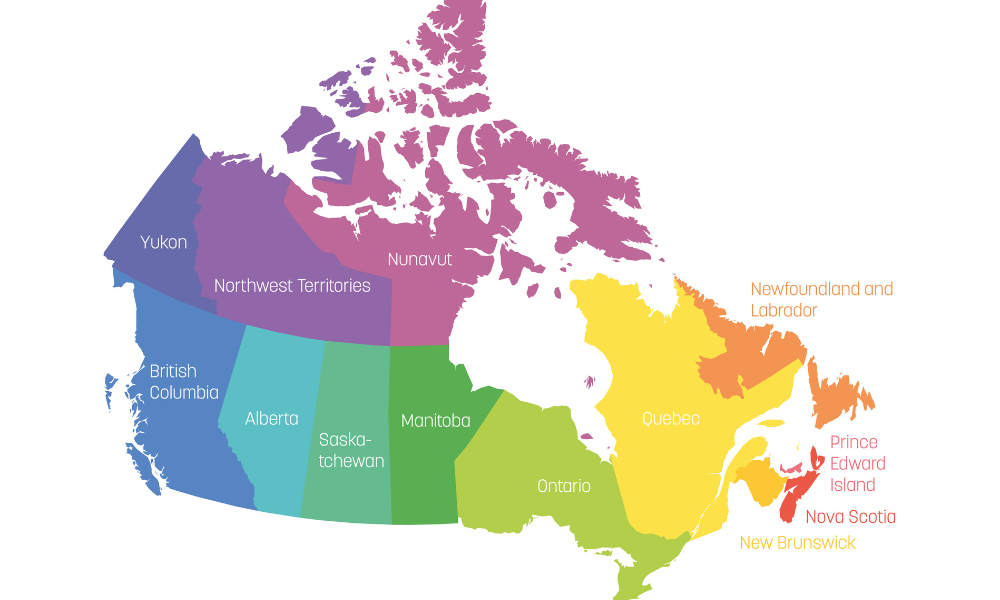Under agreement, two provinces will share expertise and consider international credential recognition framework for skilled trades

The governments of Ontario and Alberta are teaming up to enhance the process of international credential recognition in the two provinces.
Under a Memorandum of Understanding (MOU), the provinces will work together to share expertise and information and explore an international credential recognition framework for skilled trades. The partnership will help expand offerings of post-journeyperson certifications to support graduates of apprenticeship programs in upskilling and achieving pathways to further their career prospects.
A common framework could lead to more internationally skilled workers with verified credentials to write the certifying exam, according to the Ontario government.
“Ontario needs hundreds of thousands of additional skilled trades workers over the next decade to build homes, hospitals and highways,” says David Piccini, Ontario’s minister of labour, immigration, training and skills development.
“Working together with Alberta, we’re sharing knowledge and expertise on international credential recognition, removing barriers to skilled workers filling in-demand jobs and building our communities.”
‘Addressing skilled labour shortage’
Ontario is seeking ways to open pathways into the trades for more apprentices and remove barriers for internationally trained workers to fill in-demand labour needs locally.
Alberta is looking to expand its list of international credentials to address gaps in the skilled labour market and fill openings in high-demand fields.
“This agreement marks a significant step forward in addressing the skilled labour shortage in Alberta,” said Rajan Sawhney, Alberta’s minister of advanced education. “By expanding our international credential recognition and working with our partners in the Government of Ontario, we can welcome more talented individuals and ensure our economy remains competitive and dynamic.”
Alberta is also establishing a new advisory committee that will help improve the province’s foreign credential recognition system.
The MOU is a step towards the right direction, says Melissa Young, registrar and CEO, Skilled Trades Ontario.
"This MOU will allow Ontario and Alberta to better fill short- and long-term needs for skilled tradespeople. As a result, through rigorous credential assessment, we'll have proactively identified pools of highly skilled tradespeople. We're eager to enhance worker mobility and strategic recruitment for the benefit of both provinces."
The MOU between Ontario and Alberta will be reviewed in 18 months.
Pathways to skilled trades
Ontario is also introducing new first-in-Canada supports and even stronger protections that would open pathways into the skilled trades and remove barriers to employment by making the foreign credential system outcomes-oriented.
Under the legislation, regulated professions will have a policy to accept alternatives where standard registration-related documents cannot be obtained for reasons beyond an applicant’s control, such as war or natural disasters. If passed, Ontario would be the first province in Canada to have this legislation.
British Columbia’s International Credentials Recognition Act (ICRA) took full effect on July 1, promising to make credential recognition for internationally trained professionals “more transparent, efficient and fair.”
Last year, Manitoba launched a Manitoba Careers for Internationally Educated Professionals Program to help reduce financial barriers associated with foreign qualification recognition.




